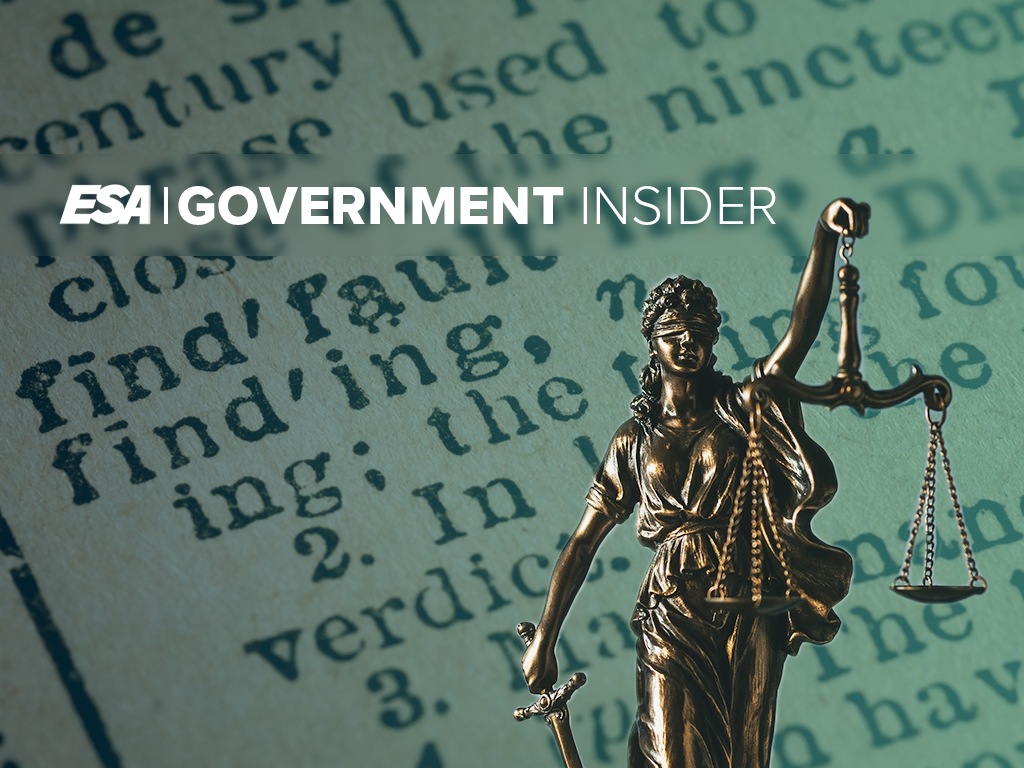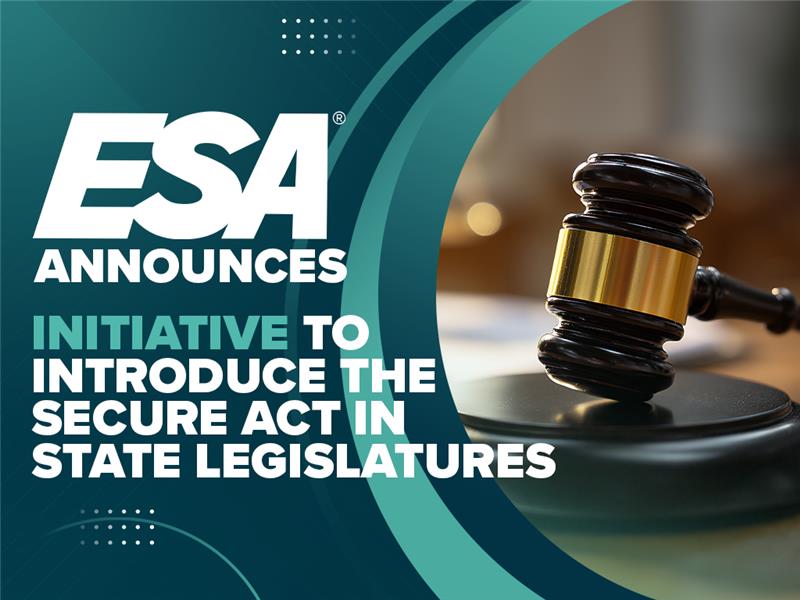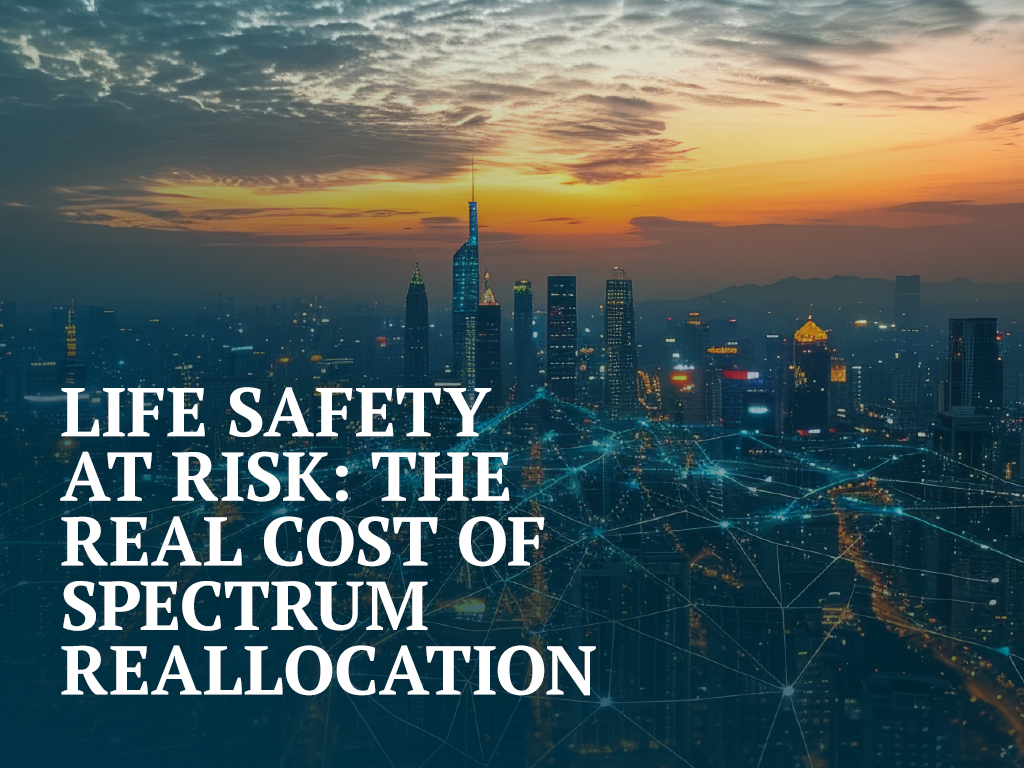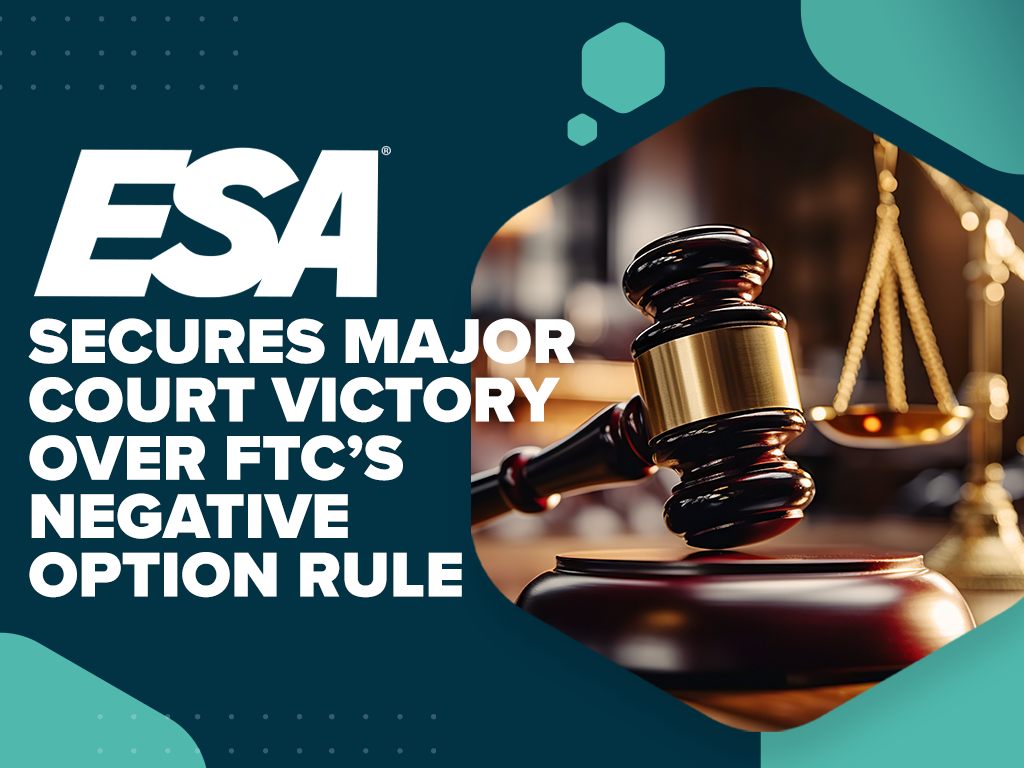After April’s Stimulus Funding, What’s Next for the Economy?

It could be viewed as an anti-climactic month considering what transpired in Congress during March. The national fear and spread of coronavirus (COVID-19) prompted a virtual shutdown of the national economy resulting in the most jobs lost since the Great Depression. Congress passed three bills to address healthcare and create a “bridge” for people and companies impacted by such a sudden and vicious halt to the national economy. Well over $3 trillion was appropriated and funneled to states, businesses and people impacted by COVID-19, which culminated in passage of the “CARES Act,” a $2+ trillion package that provided funding for several sectors of the economy most impacted by the pandemic.
Congress passed additional funding for the Paycheck Protection Program with $310 billion after funds from the CARES Act were quickly depleted. President Trump is taking a federalist approach to address the problem by letting states control shelter-in-place policies, as well as re-opening the economy. It seems public health policies and reopening plans are developing along party lines for the most part.
How all this impacts the electronic security and life safety industry will depend on the business footprint. States that extend shelter-in-place orders, effectively keeping many non-essential businesses closed, will recover more slowly. Other states like Florida, Georgia and Texas are resuming many non-essential business operations in a phased approach. Critics cite the risks with the potential for spikes in hospitalizations and mortality. If this occurs in these states over the next 1-2 weeks, it could be a major setback for the economy, especially if restrictive orders are reinstituted. On the other hand, if there are no spikes in hospitalizations and mortality where phased re-openings are occurring, it will almost certainly spur other states to follow.
The recent survey sent to members of ESA, SIA and TMA demonstrated a clear impact on the electronic security industry with many respondents reporting significant interruptions to their businesses despite being classified as an essential service. The reason is clear – the classification is not a mandate to enter a business or residence for installation, inspection, testing or maintenance. The business or residence must be open and/or willing for the service to be performed. People and businesses must feel safe.
Restoring consumer confidence that it is safe is key to resumption of normal business practices for the electronic security industry. How long that will take depends on state and local governments, media, science and a host of other factors.
We will provide resources, continue our advocacy on your behalf and most importantly, keep you informed with the latest developments on issues that impact your business. We expect Congress and the Trump Administration to continue developing measures that will hopefully minimize the damage to the economy and the many thousands of small businesses impacted by this pandemic. Please frequent our COVID-19 News & Resource page to stay on top of developing news, events and opportunities.
And, most importantly – stay safe!




